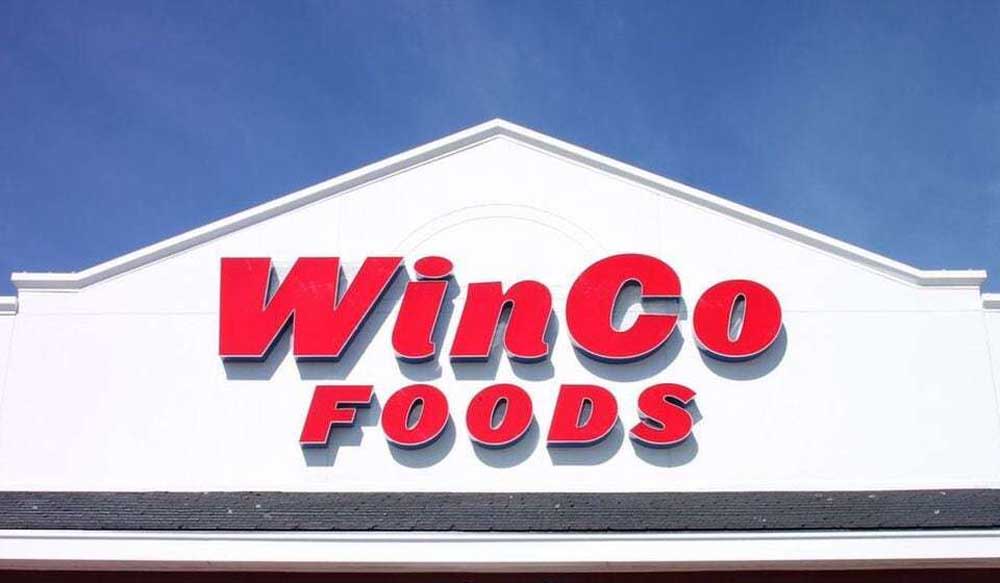WinCo will pay $3.6 million to settle class-action suit stemming from hidden Clean Energy surcharge
Published 9:30 am Friday, January 5, 2024

- The suit alleged WinCo engaged in unlawful trade practices and unlawful enrichment for failing to advertise the true cost of goods it sold.
WinCo will pay $3.6 million to settle a class action suit that alleged the company misled thousands of customers into paying hidden surcharges on certain non-grocery goods.
The settlement was reached during mediation before Oregon Senior Judge Henry Kantor and follows an $8.8 million payout from Safeway to settle a similar case.
Portland customers who bought non-grocery items from WinCo after Nov. 25, 2018, and who submit timely claims are anticipated to receive $200 each. Any unclaimed money will be donated to nonprofits in Oregon that help consumers,
under the negotiated settlement.
The named plaintiff, Virginia Simonin, visited WinCo’s store at Southeast 79th Avenue and Powell Boulevard on Nov. 23, 2019, and only after she had gone through checkout and examined her receipt did she realize that she had paid a 10-cent surcharge, according to her lawyer Michael Fuller.
The suit alleged WinCo engaged in unlawful trade practices and unlawful enrichment for failing to advertise the true cost of goods it sold.
WinCo, in response, admitted it disclosed to its customers a 1% Clean Energy surcharge on certain products by itemizing the surcharge on customer receipts. But the company said the city of Portland authorized it and other retailers to itemize the surcharge on receipts.
“WinCo did not willfully use or employ a method, act or practice declared unlawful under Oregon’s Unlawful Trade Practices Act,” wrote John C. Clarke, one of WinCo’s lawyers, in court papers.
The store’s lawyers argued that WinCo “made no attempt to conceal the charge; rather, it fully disclosed the charge on Plaintiff’s receipt as suggested by the City’s rule.”
In November 2018, Portland voters passed a ballot measure establishing a grant program known as the Portland Clean Energy Fund. The program is designed to fund green energy initiatives from a 1% surcharge on sales by large retail businesses that generate more than $1 billion a year in national revenue and $500,000 in annual revenue in Portland. The program exempts basic groceries and health care services.
In 2019, the city adopted rules governing the Clean Energy Fund that provided that a large retailer “may separately itemize its (Clean Energy Surcharge) obligations on its invoices to its customers to whatever extent it chooses.’’
Yet a federal judge denied WinCo’s motion to dismiss the suit in 2020.
U.S. Magistrate Judge John V. Acosta found that even though neither Portland’s City Code nor its Business Tax Administrative Rule required retailers to itemize the Clean Energy Surcharge in a specific way, WinCo “was required to accurately advertise the price it intended to charge” customers for non-grocery goods.
Not including the surcharge in the retailer’s advertised price of goods, Acosta found, “could constitute a violation” of the Unfair Trade Practices Act.
Portland’s cash-rich fund that aims to bankroll clean energy projects and jobs could see a staggering $540 million in unexpected revenue in the next five years, according to the latest city forecast.
Last May, Safeway agreed to pay up to $8.75 million to settle a class action lawsuit over allegations that the grocer also improperly passed the Portland clean energy tax on to shoppers.








